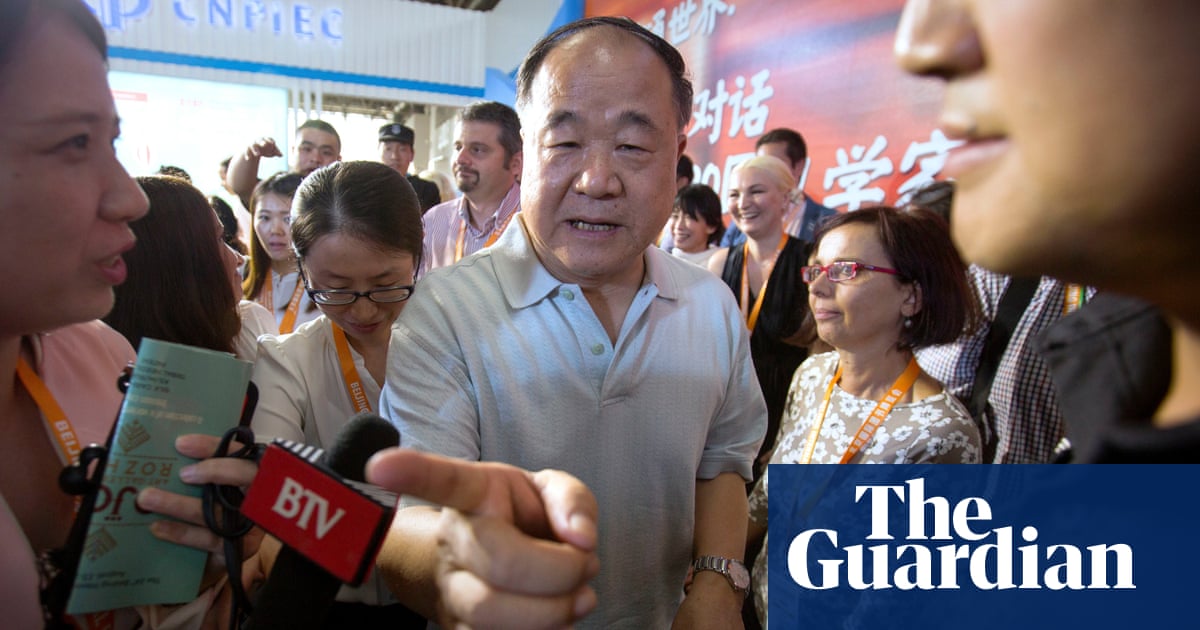Mo Yan is widely celebrated in China but now faces a lawsuit accusing him of smearing the Communist party amid an increasingly febrile atmosphere online
At first glance, a Nobel prize winning author, a bottle of green tea and Beijing’s Tsinghua University have little in common. But in recent weeks they have been dubbed by China’s nationalist netizens as the “three new evils” in the fight to defend the country’s valour in cyberspace.
Last month a patriotic blogger called Wu Wanzheng filed a lawsuit against China’s only Nobel prize-winning author, Mo Yan, accusing him of smearing the Communist army and glorifying Japanese soldiers in his fictional works set during the Japanese invasion of China.
Wu, who posts online under the pseudonym “Truth-Telling Mao Xinghuo”, is seeking 1.5bn yuan ($208m/£164m) in damages from Mo – one yuan per Chinese citizen – as well as an apology from Mo and the removal of the offending books from circulation. His lawsuit has not yet been accepted by any court.



This is the best summary I could come up with:
Although Mo hasn’t responded to Wu’s attacks directly, this week – in response to the “recent storm” – Chinese media outlets shared a video of him reciting a poem by the Song dynasty poet Su Shi about the struggles and joys of being a scholar despite setbacks.
And while some people have accused Wu of trying to boost his own social media clout, the fact that such a campaign is tolerated by China’s censors reflects the rising levels of online nationalism, which in recent years have reached dizzying heights of fervour.
Another offending beverage, a brown rice tea, features on its packaging fish that allegedly look like Japanese koinobori, flags in the shape of carps.
It soon spiralled into an all-out attack on Nongfu, with netizens criticising the drinks’ packaging as well as the fact that the company has US investors and that Zhong’s son is a US citizen.
Analysts say online vitriol has been particularly intense since China’s zero-Covid regime kept tens of millions of people cooped up at home for the better part of three years, only to emerge into an economy battered by poor job prospects and weak demand.
According to one outspoken Tsinghua law professor, Lao Dongyan, the online environment amounts to an “anti-intellectual culture” – unlike comments from many of the self-styled patriots, however, hers has since been deleted.
The original article contains 796 words, the summary contains 224 words. Saved 72%. I’m a bot and I’m open source!